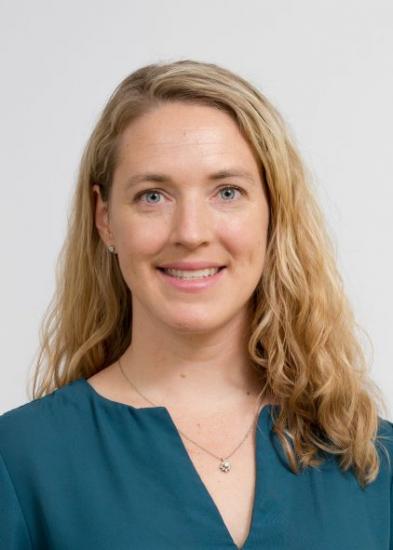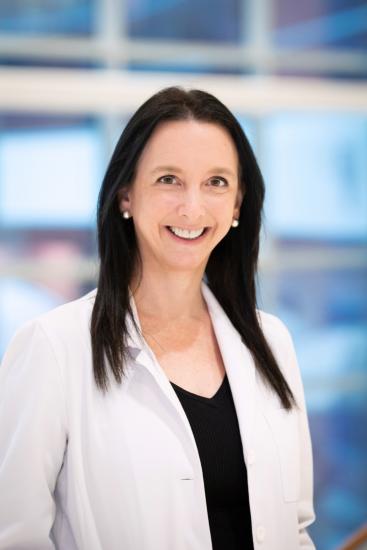
I.M. Emotional Support Hub
As we are enduring yet another national COVID-19 surge, ACP's I.M. Emotional Support Hub remains an important and useful tool for internists. Launched during the early months of the COVID-19 pandemic, it highlights crisis hotlines that can be accessed at any time, and the Physician Support Line, which allows you to connect with a peer for emotional support through these stressful times.
One of the important resources embedded in this hub is the video series collection Internists: Take Care of Yourselves, Too. If webinars and CME are “feature films,” these videos are “shorts,” offering bite-sized portions of wellness and resilience. With the longest clocking in at under five and a half minutes, these are great to review while eating lunch, at the beginning of huddle, or at the start of morning report. They remind us of the importance of our individual emotions and the power behind granting ourselves the permission we need to process the emotions we may be ashamed of feeling and expressing.
There is a robust list of resources for individuals and organizations. These resources could supplement as a curriculum for practices and institutions that don't have their own well-being curriculum or team. These resources are open and available to the public, as no ACP membership is required for access. Please share with your colleagues and organizations, as it can sometimes be difficult to know when someone needs extra support.

Marilyn Katz, MD, FACP
ACP Members Advocating for the Needs of Vulnerable Patients
Two years after the beginning of the COVID-19 pandemic, we continue to see health care disparities that especially affect certain minorities. In the specific case of the Latinx community, which represents 18% of the U.S. population, we initially saw higher rates of infection, hospital admissions, and death than in other groups. This was followed by lower rates of vaccination in the Latinx community after vaccine approval.
The reasons for lower vaccination rates include cultural and background differences, low health literacy, low income, language barriers, and lack of health insurance. Other factors include migratory status and the fear of being deported or suffering any type of retaliation. All these components were intensified by the lack of trust in the health care system and mixed information provided by various media sources.
As a primary care physician, educator, and Latinx woman, I feel a strong commitment to the Latinx community. Providing clear and transparent information is fundamental to create an empathetic relationship of trust and respect. Another critical aspect is appropriate and timely communication. Being available to respond to your patients' questions, using simple vocabulary (if possible, the same language), and being respectful with your patients' cultural beliefs are all critical.
To facilitate this type of communication, ACP has partnered with YouTube to create two new video series focused on COVID-19 and vaccine education, as well as strategies to help combat health misinformation. Ask Your Internist is ACP's new patient-facing series featuring physicians who answer the public's top vaccine-related questions. Physician to Physician Conversations is a clinician-facing series featuring practical approaches to address vaccine and health misinformation with your patients. Several of the videos will also be offered in Spanish. The videos are designed to guide and encourage physicians to use an empathetic approach that embraces the diverse social and cultural characteristics of our population, encouraging physicians to adapt their approach to the specific needs and realities of their patients. I encourage all my ACP colleagues to counsel their patients about the importance of vaccination while paying particular attention to patients from communities, such as the Latinx community, that desperately need our time and expertise.

Miriam Zylberglait Lisigurski, MD, FACP
Back to the February 2022 issue of Chapter ECP Leader News Update

